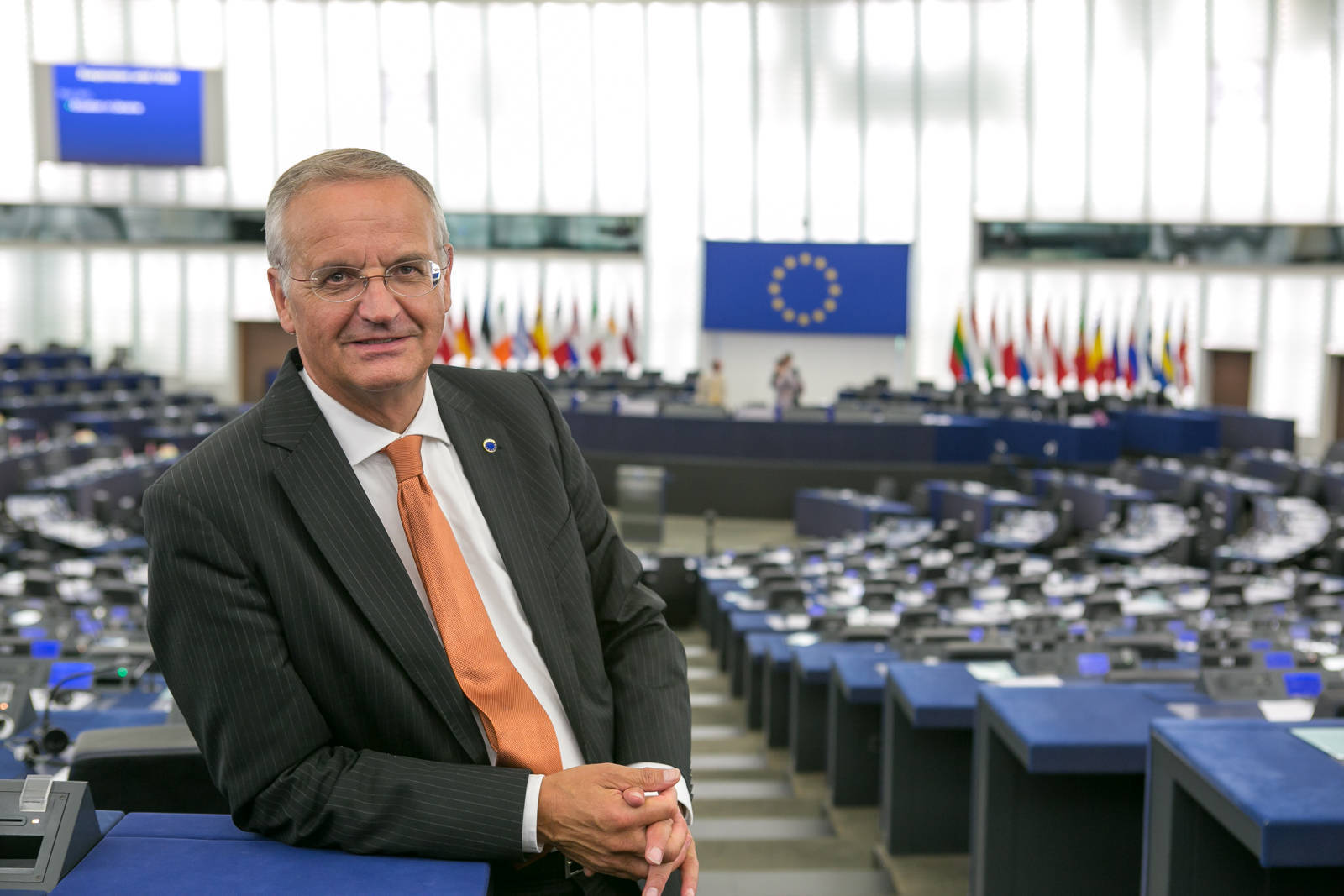There are more than enough figures: consultancy firm McKinsey & Company estimates that by around 2030 the circular economy will provide Europe with a boost of 900 billion euros. This raises the competitiveness of the European regions. EuropaBio has calculated that industrial biotechnology will supply between 900,000 and 1,500,000 jobs by 2030. With less input, but more output.
Poland has surged ahead in the past few months. On 6 October this country translated its efforts into the ‘Łódź Declaration of Bioregions’. Other Central and Eastern European regions, following a hesitant start, are trying to become forerunners in the circular economy. Regions play the leading role in this. According to the approach of ‘Smart Specialisation’, Europe is helping them to make headway fast.
This surge, also called the ‘Stairway to Excellence’, is made possible partly through the Regional Development Fund. Not only in our own country: 15 percent may be spent on procuring expertise or collective investment with other regions in the European Union. Exchanges between companies, students and employees can be financed this way. The first steps are being taken now. Do you want to take part?
There is also much discussion about the public profile of the biobased products in the regions. The bio economy merits more publicity. If the consumer does not know that he or she can buy biobased products, the bio economy will remain a niche. In Bratislava a veritable catwalk of practical applications was presented. ‘Be good and tell it’ applies here too. If Europe gives specific support for this, across country boundaries, biobased will go from niche to norm.





